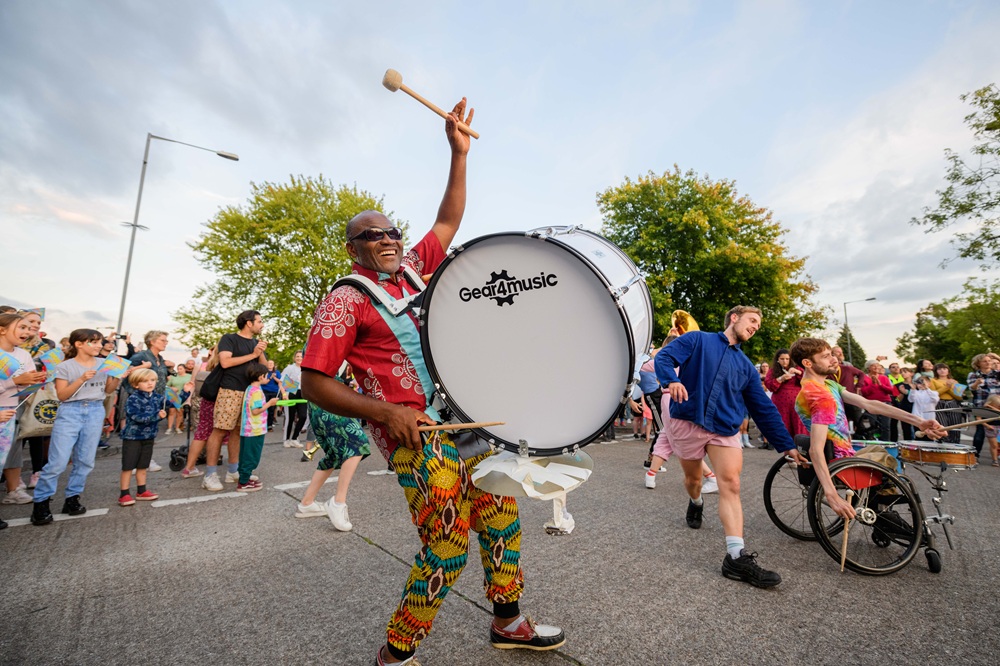
Monday 27 October
On Sunday, the West of England Citizens’ Assembly met online to begin drafting local priorities for culture and creativity across four Unitary Authority areas – Bath and North East Somerset, Bristol, North Somerset and South Gloucestershire.
The day began with a welcome and a reflection on how far the group has come in its journey. On Sunday morning, the Assembly worked together to define the problem that is implied by the Assembly question: What would culture and creativity look like in the West of England if they were for everyone? What barriers currently prevent culture and creativity from being “for everyone”?
To help explore this, the Assembly watched an interview between LaToyah McAllister-Jones and Professor Ele Belfiore who is an academic specialising in cultural policy and democracy.
Professor Belfiore discussed the inequalities built into the UK’s cultural infrastructure. She argued that while everyone makes and experiences culture, publicly funded culture continues to privilege those who are wealthier, better educated and more likely to work within established systems. She highlighted how funding frameworks and decision-making processes reinforce these inequalities, often giving disproportionate authority to a small group of decision-makers.
Professor Belfiore asked the Assembly to think not only about access, but about agency — shifting from a model where institutions “grant” access to one where citizens have genuine power to shape cultural life and funding priorities. She also challenged the language of “hard to reach” communities, arguing that exclusion is systemic rather than personal, and that fairness requires transforming how decisions are made, not just increasing budgets.
In her words:
“Nobody owns culture and nobody controls access to it. There are differences in people’s ability to take advantage of the opportunity to be creative — and that’s the bit we need to focus on. How do you give the widest number of people the richest range of opportunities to create their own culture, rather than keep begging the gatekeepers to let some more people in?”
Following the interview, citizens met in small groups to reflect on the discussion, identifying key ideas and implications for their own areas across the region.
In the afternoon, the Assembly turned its attention to drafting place-based priorities – key issues for the four Unitary Authority areas. Working in groups, citizens generated ideas across four themes — Placemaking, Wellbeing, Skills, and Economy. Ideas were clustered, discussed and refined through facilitated exercises before each group voted on which priorities to develop further.
By the end of the day, each local group had produced a set of priorities for the future of culture and creativity in their area. The next step in the final Assembly meeting on Sunday 9th November is to create a practical Cultural Delivery Plan for the region.
Privacy Policy | Cookie Policy | Terms and Conditions | Contact Us | Site infomation